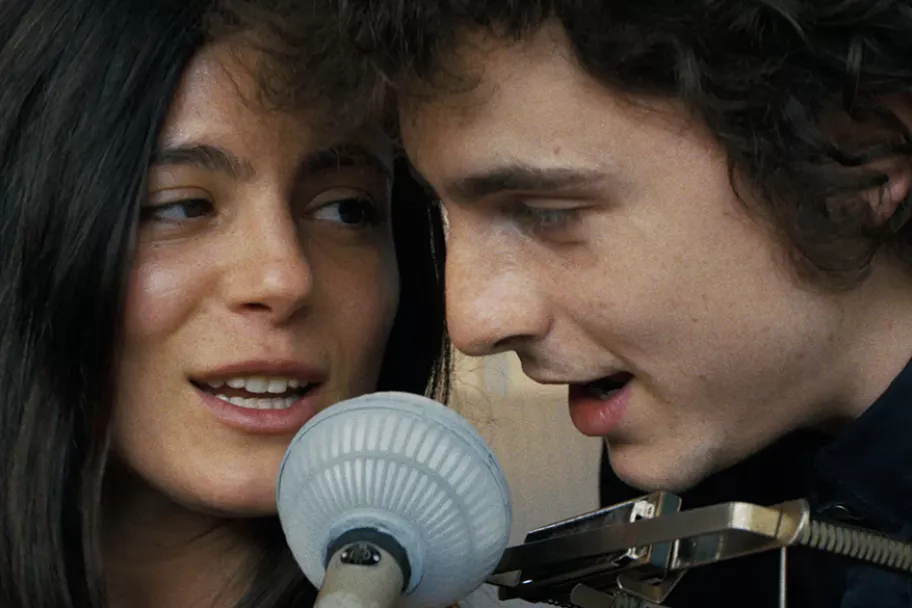The Star's critic MARIA DUARTE recommends an impressive impersonation of Bob Dylan
Mad, bad and lyrical
GEORGE MOURATIDIS examines the way American beat poets exposed the sickness of a society that sought to contain them
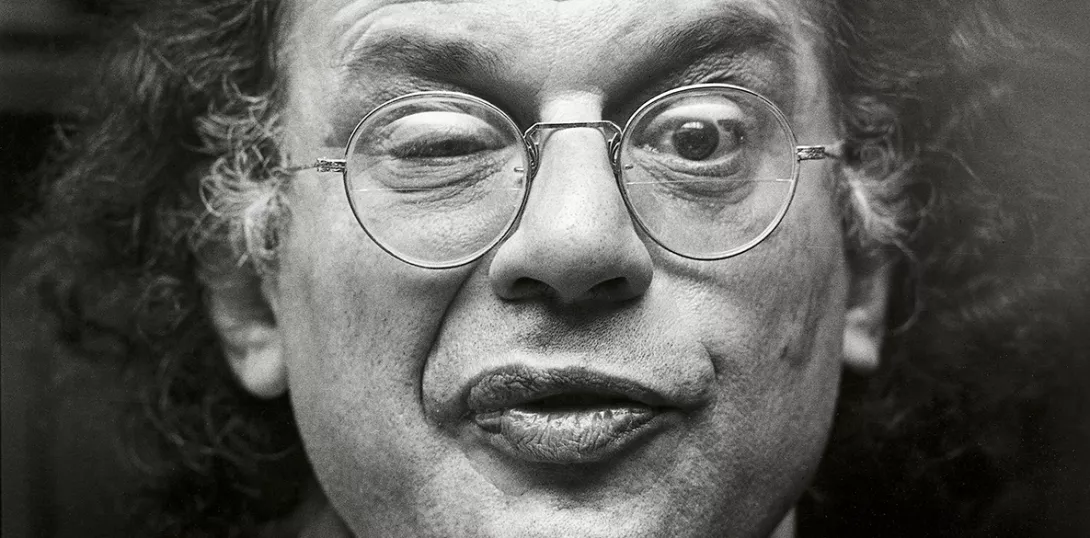
THE publication last year of Steven M Weine’s Best Minds: How Allen Ginsberg Made Revolutionary Poetry from Madness has reinvigorated enduring questions about the relationship between mental health and creativity.
Weine frames “madness” as culturally ascribed, but “mental illness” as clinical. The latter is pathologised according to what Michel Foucault called the “clinical gaze” of society’s institutions. Its definitions are subject to ideological and technocratic shifts in those societies.
More from this author

A landmark work of gay ethnography, an avant-garde fusion of folk and modernity, and a chance comment in a great interview

ANGUS REID applauds the inventive stagecraft with which the Lyceum serve up Stevenson’s classic, but misses the deeper themes
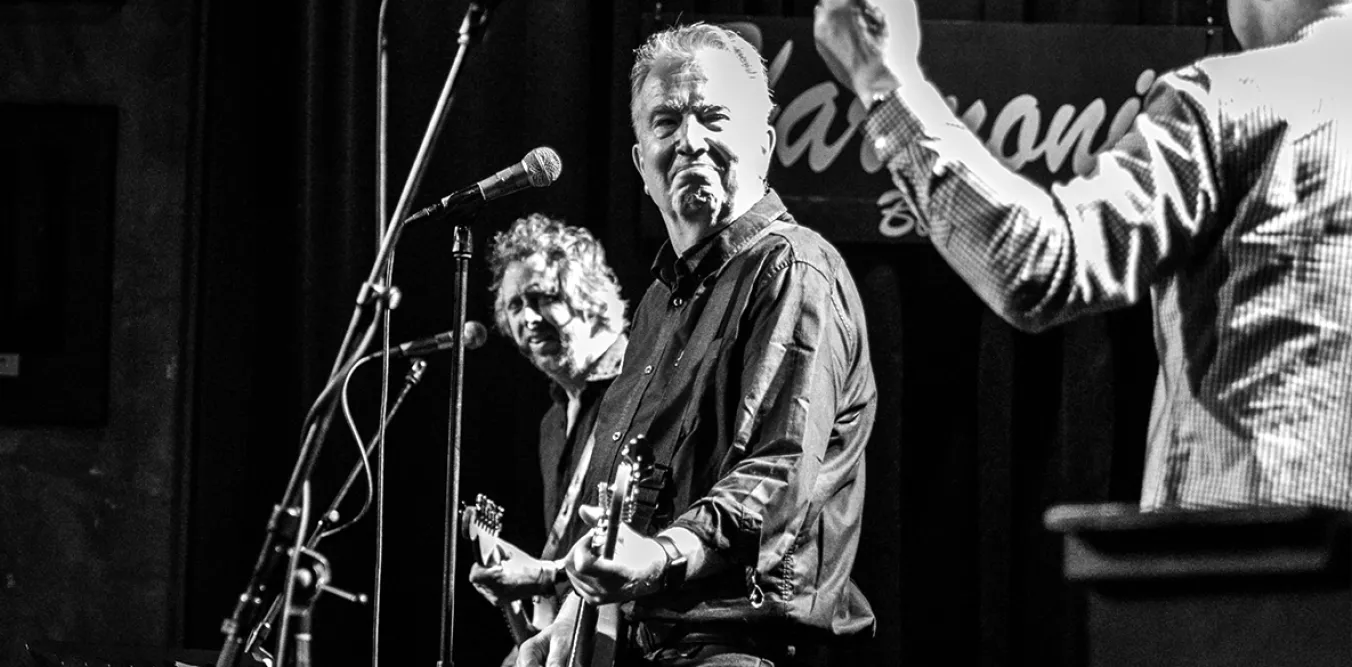
ANGUS REID time-travels back to times when Gay Liberation was radical and allied seamlessly to an anti-racist, anti-establishment movement
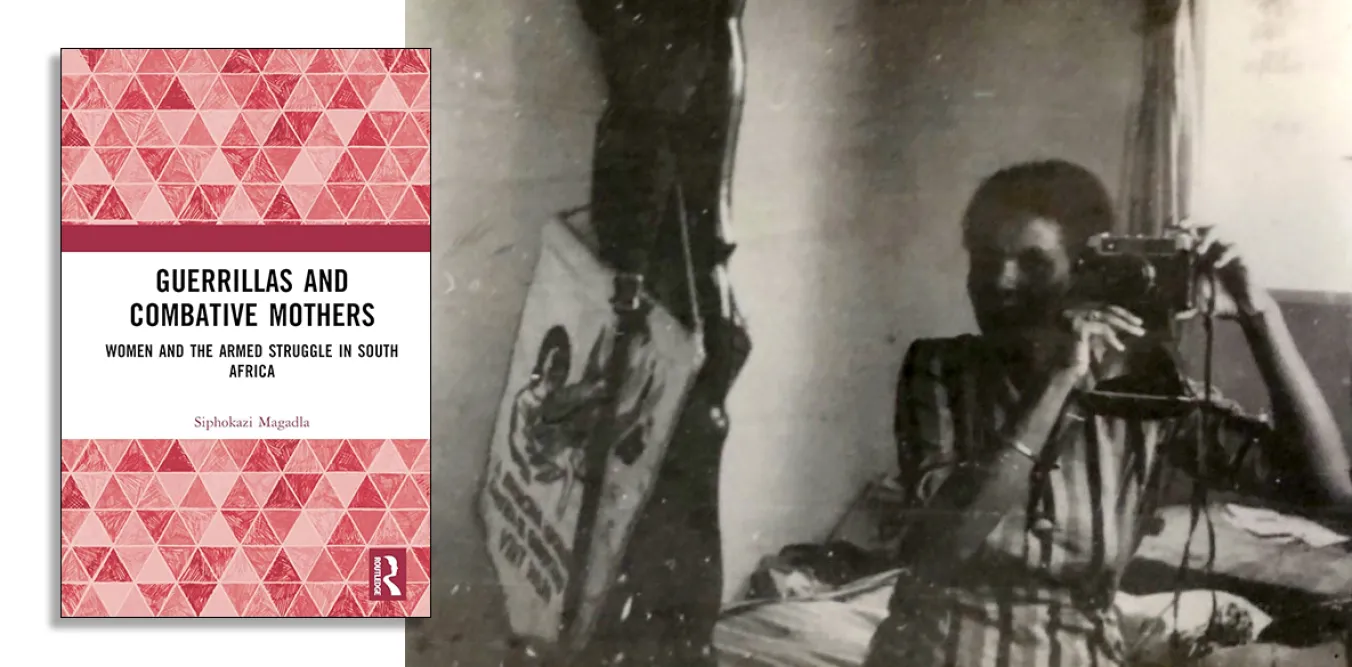
ANGUS REID speaks to historian Siphokazi Magadla about the women who fought apartheid and their impact on South African society
Similar stories
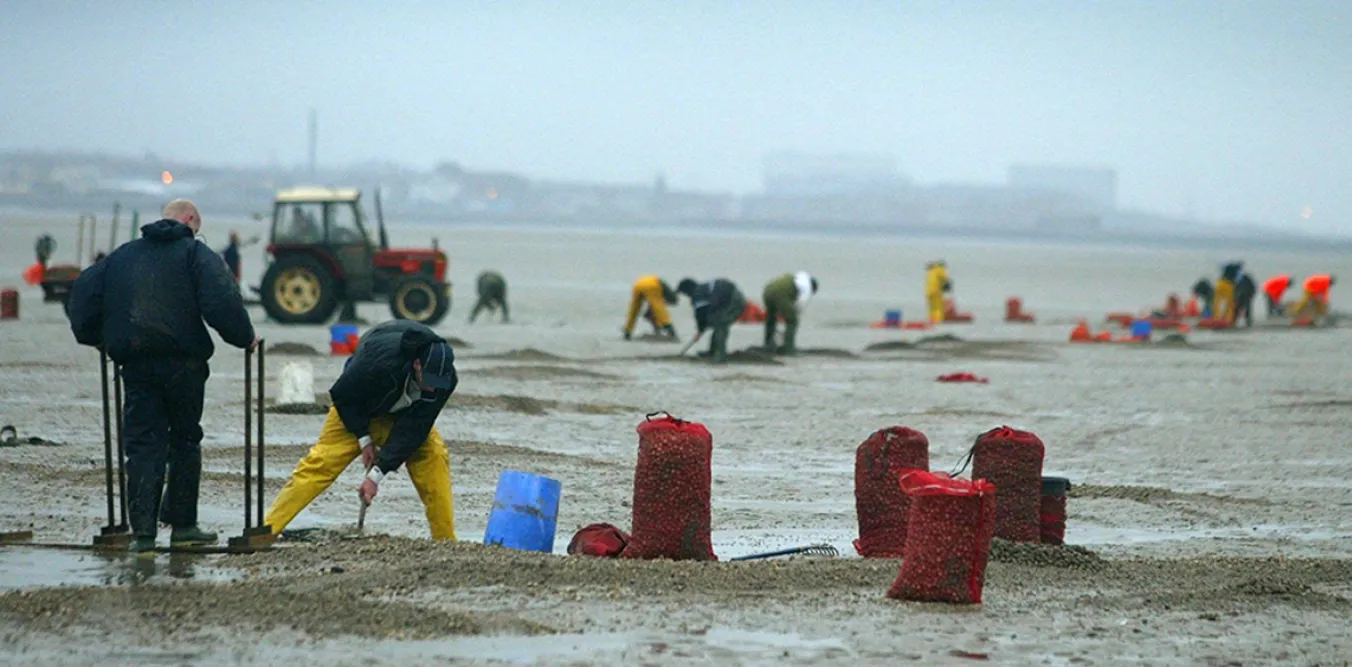
The Bard pays homage to the sands of Morecambe, for the talent they have nourished, and in memory of the Chinese workers they engulfed

LEO BOIX reviews a dazzling collection by Paraguayan-American poet Diego Baezand a novel by Venezuelan Rodrigo Blanco Calderon
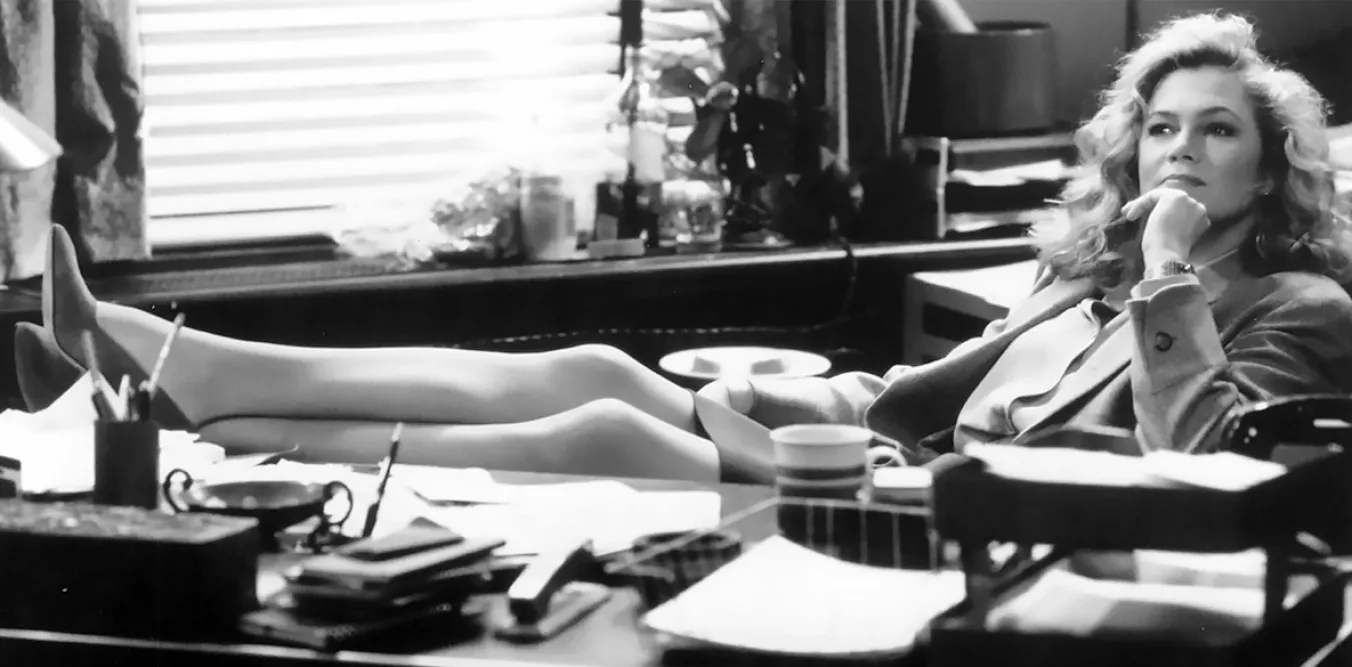
ANDY HEDGECOCK celebrates the way that US writers have always used crime and sci-fi to explore and express dissident ideas
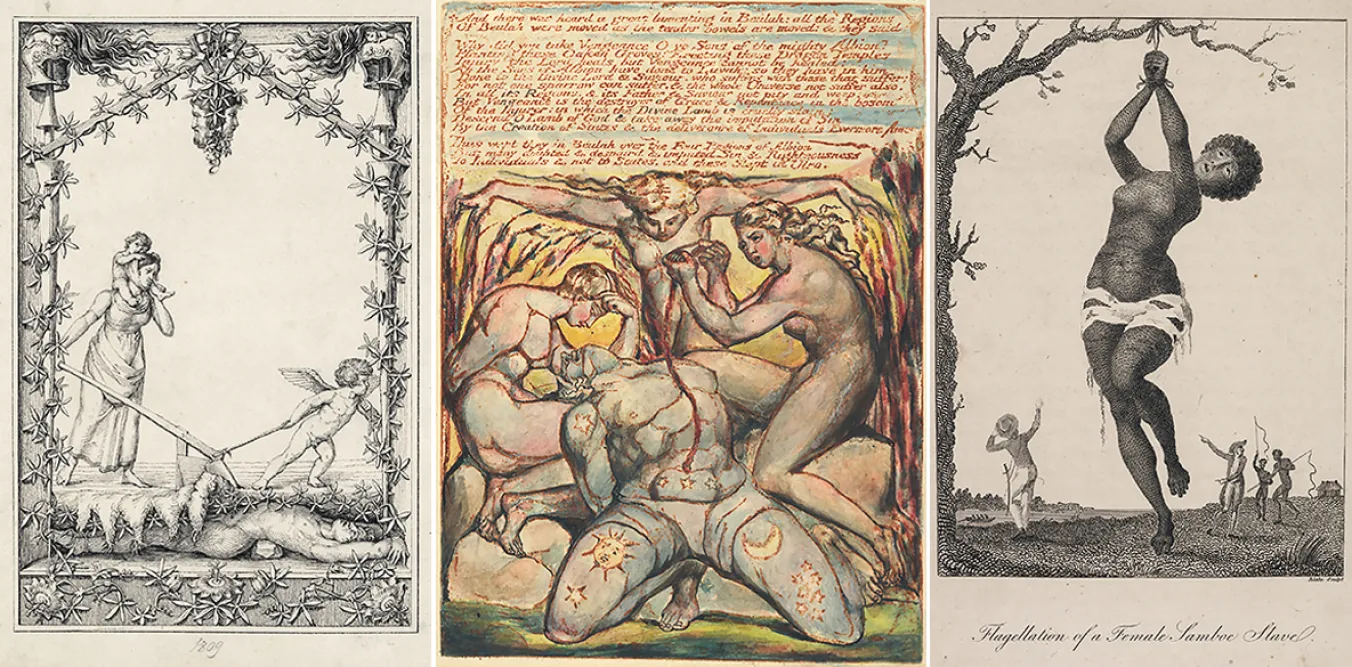
SYLVIA HIKINS revisits the visionary world of Blake in a handsome book that sets him alongside his European contemporaries


